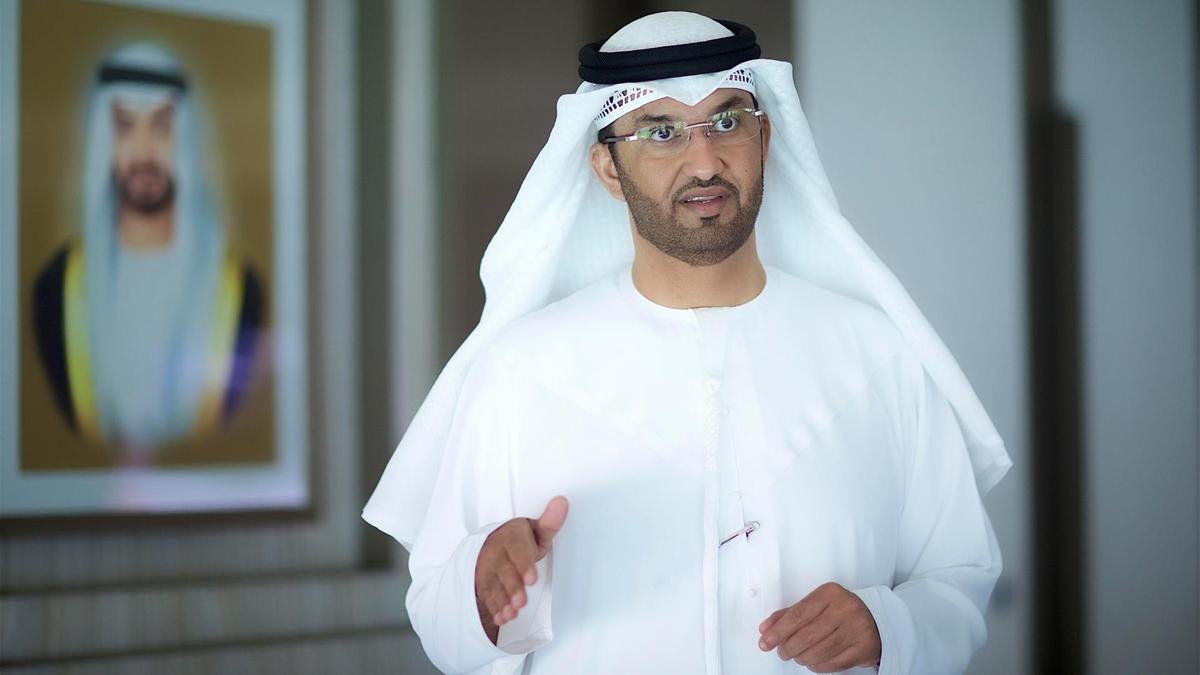ABU DHABI, 29th August, 2021 -- The UAE has the most competitive industrial sector in the Arab world, according to the latest UN global rankings published. The country has reached 30th in the world in the 2021 United Nation’s Industrial Organisation’s (UNIDO) Competitive Industrial Performance Index (CIP) report which tracks 152 countries.
The UAE has climbed five places since 2020 and nine places since 2017 in the UNIDO CIP, demonstrating the competitiveness of the nation’s industrial sector and its business ecosystem, in line with the National Strategy for Industry and Advanced Technology, Operation 300Bn.
The report noted the UAE’s progress in infrastructure and the industrial sector’s business ecosystem. It referred to the UAE’s strategy for sustainable growth in the industrial sector through incorporating advanced technology, promoting science-based education, balancing industrial progress with environmental sustainability, and encouraging innovation.
Dr. Sultan bin Ahmed Al Jaber, the UAE’s Minister of Industry and Advanced Technology, said: “UNIDO's report reaffirms the UAE’s global reputation for developing an innovative industrial ecosystem underpinned by advanced technologies and Fourth Industrial Revolution solutions.
“Our rapid advances as a global industrial pioneer is a great testament to the foundations laid by our leadership, who have paved the way for dynamic and sustainable economic growth over the next fifty years, and beyond.”
He added: “The UAE’s continuous progress in UNIDO’s CIP shows the country is well on the way to achieving the goals set out by Operation 300Bn. Thanks to the country’s attractive business environment to local and international investors in the industrial sector, the UAE is cementing its position as a global destination for pioneering future industries.”
He said that UNIDO’s CIP monitored the UAE’s industrial sector's growth, by identifying the key features of the nation’s industrial development model and linking it to the UAE Vision 2021 and the 2014 National Agenda.
The UAE’s Vision and Agenda aim to create a knowledge-based economy and help the nation climb global indices. To achieve these goals and manage the strategy, the Ministry of Industry and Advanced Technology (MoIAT) was established in July 2020.
UNIDO’s CIP assesses and measures the industrial competitiveness of global economies through three main dimensions: the capacity to produce and export manufactured goods, technological deepening and upgrading, and world impact. These three dimensions are divided into eight indicators.
The latest report reveals how the UAE has rapidly soared up the global industrial ranks by increasing its industrial performance in four out of eight indicators, marking a quantum leap for the sector. The Emirates has ascended 14 places – from 31st to 17th – for its manufacturing exports per capita, while moving up to 32nd for its total manufacturing exports.
Furthermore, the UAE is now up to 28th globally for manufacturing value added per capita, while also rising eight places for the share of its manufactured goods in its total export mix, moving up to 107th from 115th last year.
MoIAT's efforts, through its initiatives, focus on smart industries, adoption of 4IR applications and solutions has strengthened the foundations of a knowledge-based economy and increased industry's contribution to GDP. The UAE intends to build on its progress in the near future.
Overall, Germany ranked first in CIP 2021, followed by China, the United States, Japan and South Korea. The UAE was the only Arab nation that received a "high performance" rating in the index and ranked third in the Middle East after Turkey and Israel.
The CIP report praised the UAE's model for industrial development, noting that the nation has allocated various resources and efforts to make the shift towards a knowledge-based economy by supporting innovation and research and development. The UAE has also promoted education according to world-class standards and is balancing infrastructure development with environmental protection, according to the report.
Did you find this content useful?
You can help us improve by providing your feedback about your experience.


